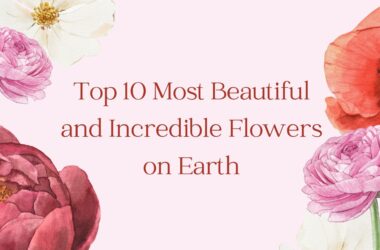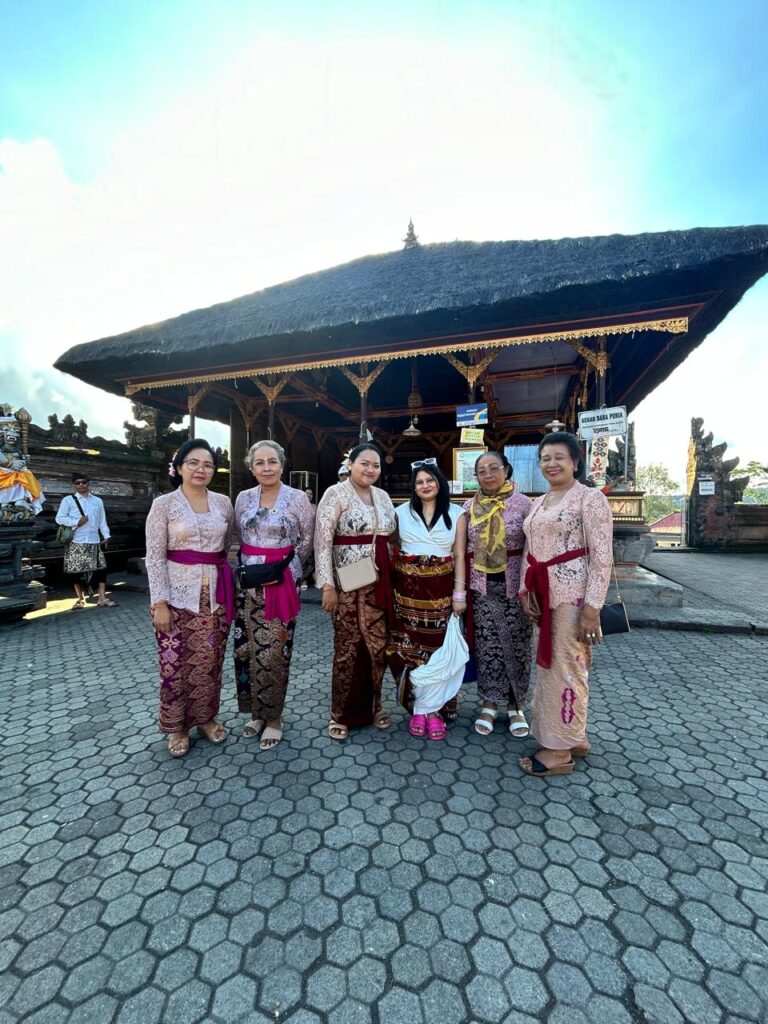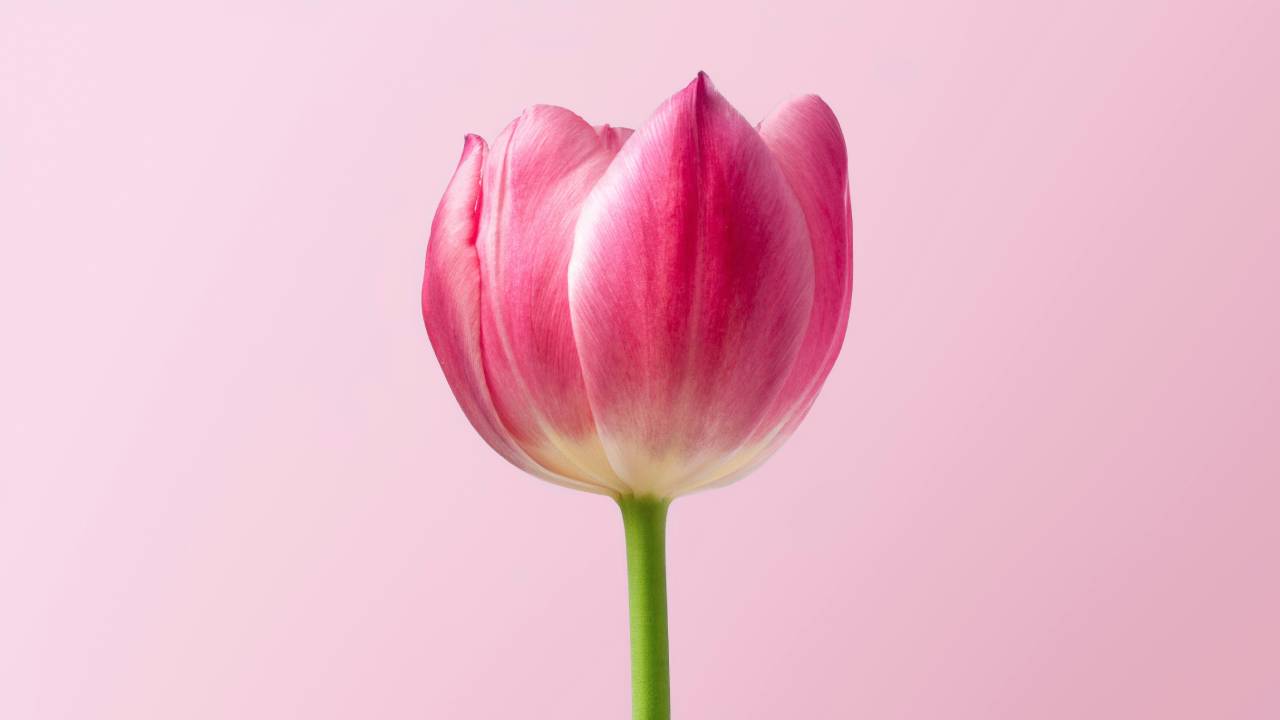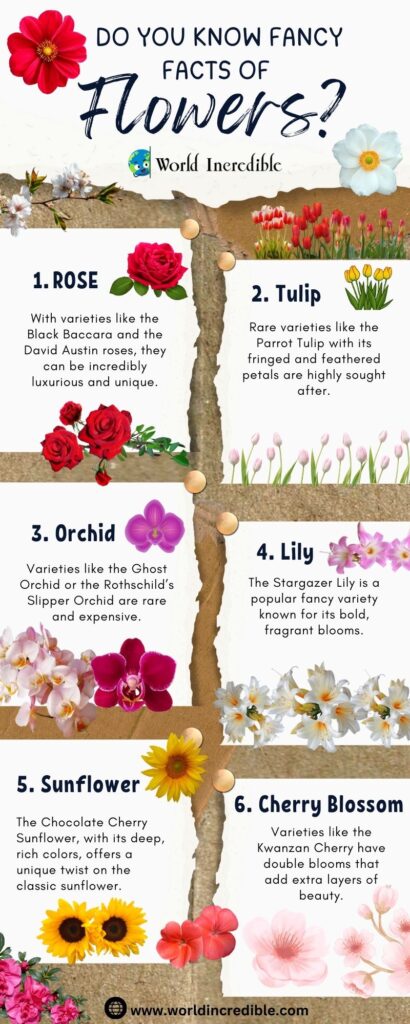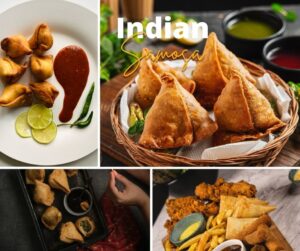Top 10 Famous Flowers in the World | Fancy Flowers Facts
Fancy Flowers have always been nature’s way of bringing beauty, joy, and a touch of elegance into our lives. From the classic roses that symbolize love to the exotic orchids that spell luxury, the world of flowers is diverse and fascinating. Here’s a look at the top 10 famous flowers and fancy flowers that captivate the hearts of many.
1. Rose
Why It’s Famous: Roses are perhaps the most famous flowers globally, symbolizing love, beauty, and romance. They come in various colors, each representing different emotions.
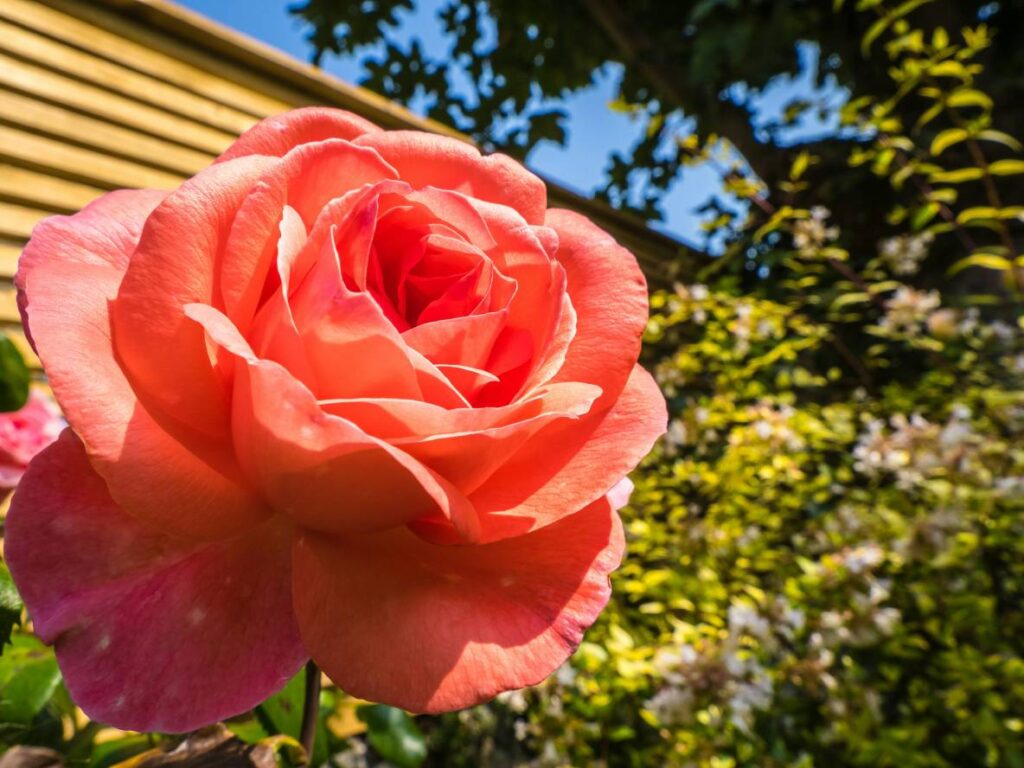
Fancy Factor: With varieties like the Black Baccara and the David Austin roses, they can be incredibly luxurious and unique.
2. Tulip
Why It’s Famous: Tulips are iconic flowers, especially famous in the Netherlands. They symbolize perfect love and are a staple of spring gardens.
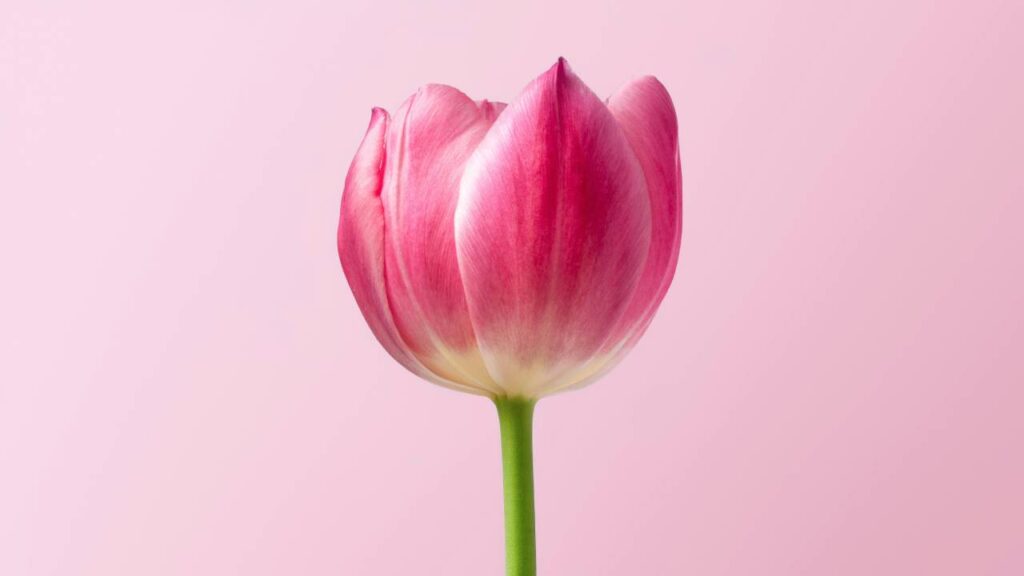
Fancy Factor: Rare varieties like the Parrot Tulip with its fringed and feathered petals are highly sought after.
3. Orchid
Why It’s Famous: Orchids are known for their intricate and delicate blooms. They symbolize beauty, strength, and luxury.
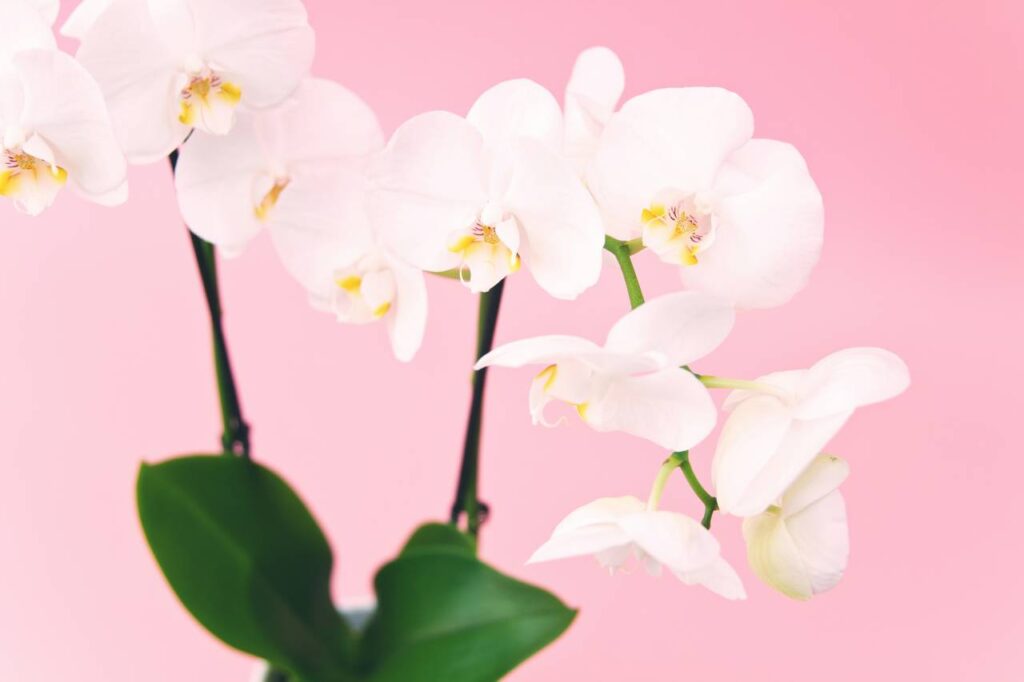
Fancy Factor: Varieties like the Ghost Orchid or the Rothschild’s Slipper Orchid are rare and can be quite expensive.
4. Lily
Why It’s Famous: Lilies are revered for their striking appearance and fragrance. They symbolize purity and refined beauty.
Fancy Factor: The Stargazer Lily is a popular fancy variety known for its bold, fragrant blooms.
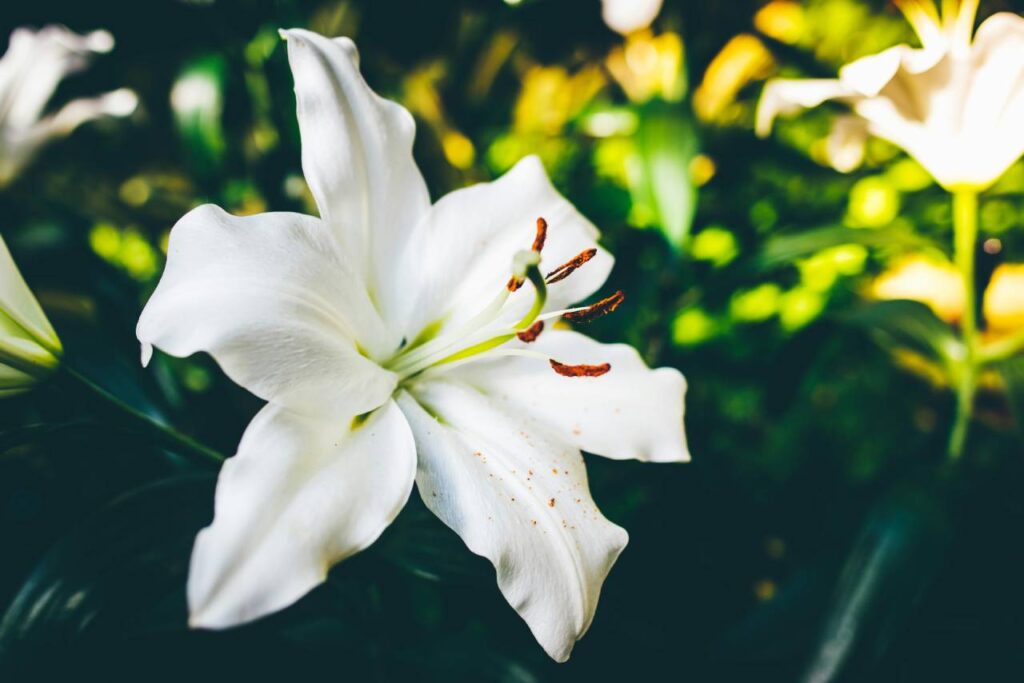
5. Sunflower
Why It’s Famous: Sunflowers are known for their large, bright yellow blooms and are symbols of happiness and optimism.

Fancy Factor: The Chocolate Cherry Sunflower, with its deep, rich colors, offers a unique twist on the classic sunflower.
6. Peony
Why It’s Famous: Peonies are loved for their large, lush blooms and their association with romance and prosperity.
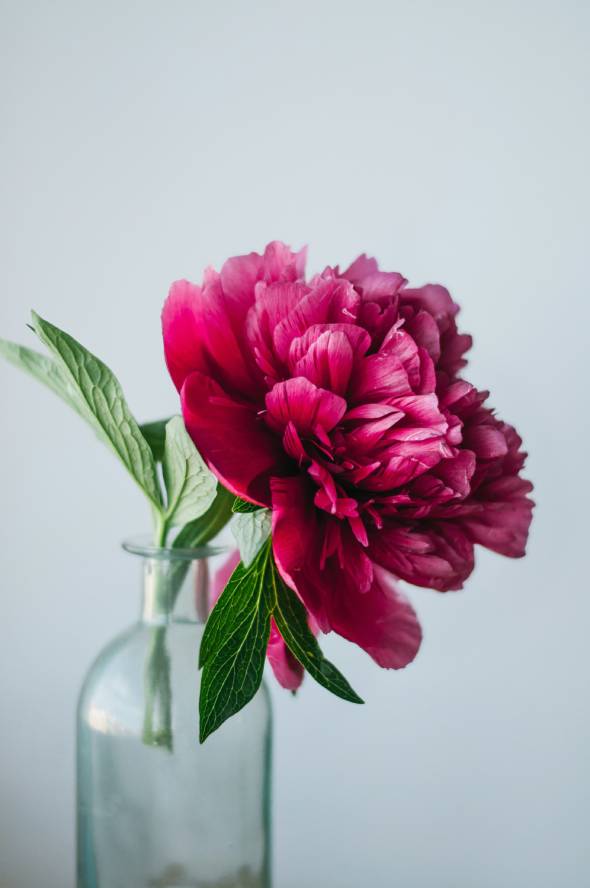
Fancy Factor: Tree peonies are particularly fancy, with their massive flowers and woody stems.
7. Cherry Blossom
Why It’s Famous: Cherry blossoms, or sakura, are famous for their fleeting beauty and are a national symbol of Japan.
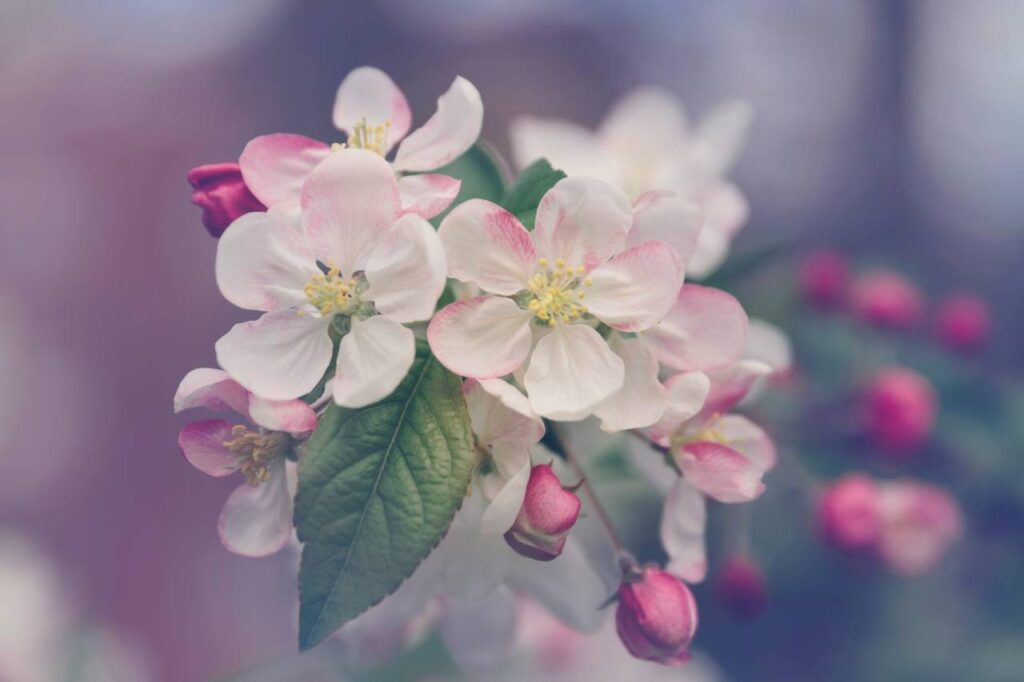
Fancy Factor: Varieties like the Kwanzan Cherry have double blooms that add extra layers of beauty.
8. Hydrangea
Why It’s Famous: Hydrangeas are popular for their large, globe-like flower heads and their ability to change color based on soil pH.
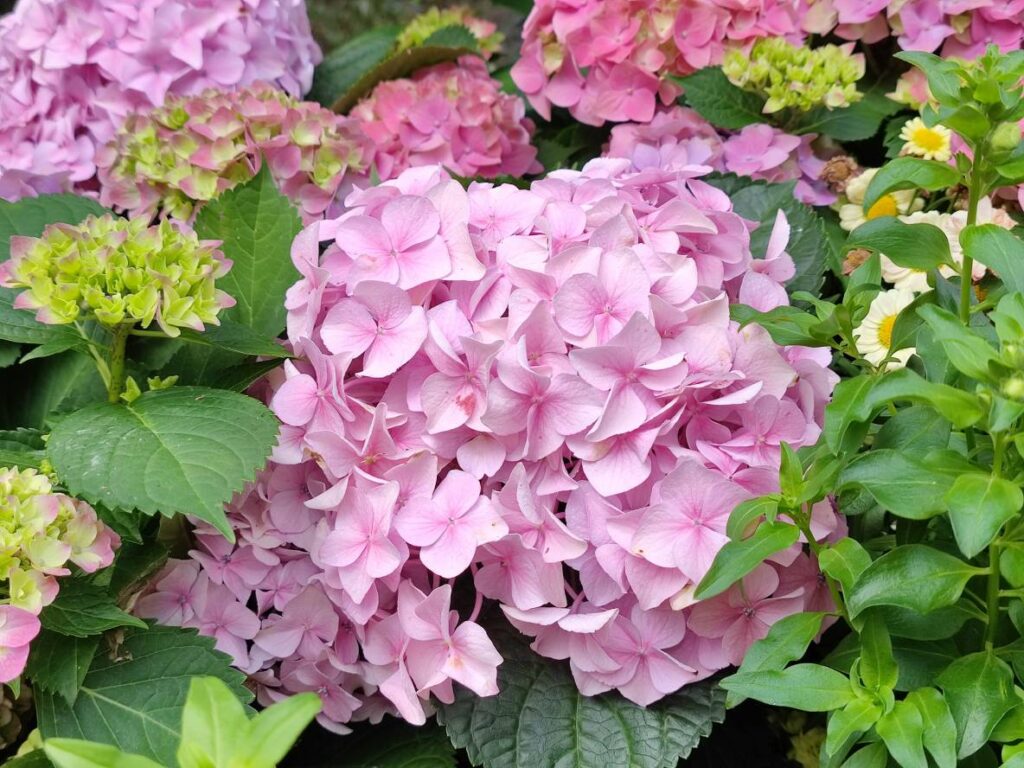
Fancy Factor: The Paniculata Limelight Hydrangea is a fancy variety known for its stunning, lime-green blooms that fade to pink.
9. Dahlia
Why It’s Famous: Dahlias are celebrated for their diverse shapes and colors, making them a favorite among gardeners.
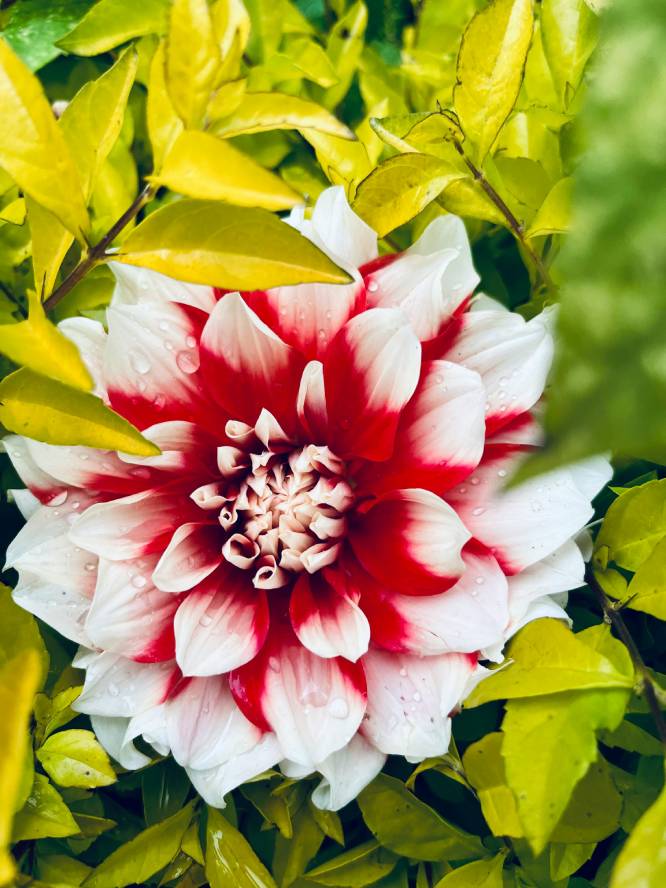
Fancy Factor: With its enormous blooms, the Dinner Plate Dahlia is a showstopper in any garden.
10. Calla Lily
Why It’s Famous: Calla lilies are known for their elegant, trumpet-shaped blooms and are often used in bridal bouquets.
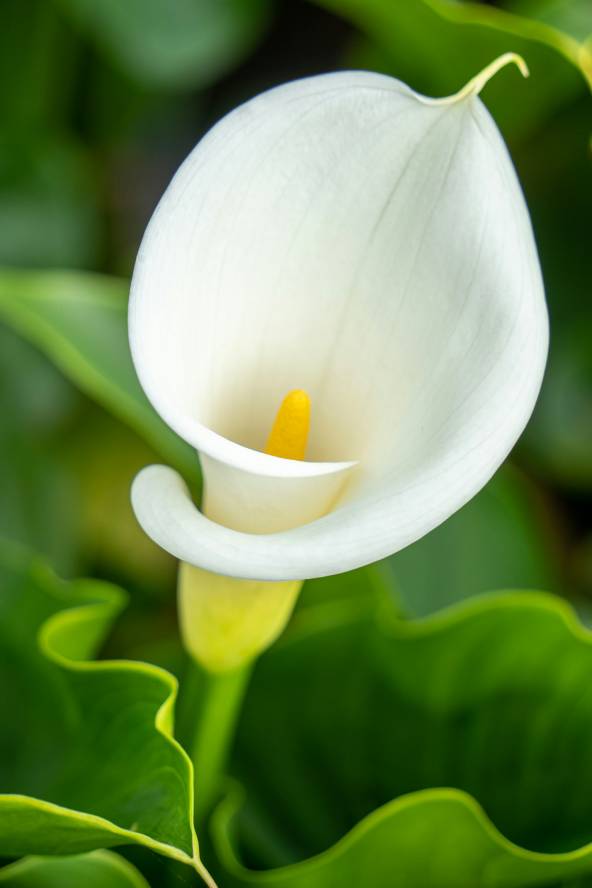
Fancy Factor: The Black Star Calla Lily, with its deep, almost-black petals, is a striking and luxurious variety.
Fancy Flowers Fact: Blossoming Wonders of Nature
Flowers have been captivating humans for centuries with their vibrant colors, delicate structures, and enchanting fragrances. Beyond their beauty, flowers hold fascinating secrets and stories. Here are some fancy facts about flowers that will deepen your appreciation for these natural wonders.
1. World’s Largest Flower
The Rafflesia arnoldii, found in the rainforests of Indonesia, holds the title of the largest flower in the world. This giant bloom can reach up to 3 feet in diameter and weigh as much as 15 pounds. Despite its impressive size, the Rafflesia arnoldii emits a smell reminiscent of rotting meat, earning it the nickname “corpse flower.”
2. The Oldest Flowering Plant
The earliest known flowering plant is the Montsechia vidalii, which lived around 130 million years ago during the early Cretaceous period. Fossils of this ancient plant were discovered in Spain, providing crucial insights into the evolution of flowers.
3. The World’s Most Expensive Flower
The Kadupul flower, native to Sri Lanka, is considered priceless. It blooms only at night and withers by dawn, making it impossible to be purchased. Its fleeting beauty and rarity contribute to its high value.
4. Flowers as Natural Clocks
Certain flowers, like the morning glory and evening primrose, bloom at specific times of the day. This phenomenon, known as nyctinasty, allows plants to maximize their exposure to pollinators and optimize their energy use.
5. Tulip Mania
In the 17th century, the Netherlands experienced “Tulip Mania,” a period where tulip bulbs became so valuable that they were used as a form of currency. At the peak of this economic bubble, a single tulip bulb could cost as much as a house.
6. The Language of Flowers
In Victorian England, flowers were used to convey messages that couldn’t be spoken aloud. This practice, known as floriography, assigned specific meanings to different flowers. For example, red roses symbolize love, while yellow roses can represent friendship or jealousy.
7. Night-Blooming Beauties
Some flowers, such as the moonflower and the night-blooming cereus, open only at night. These nocturnal blossoms are often pollinated by moths and bats, which are active during the evening hours.
8. Edible Flowers
Many flowers are not only beautiful but also edible. Nasturtiums, pansies, and violets can add a splash of color and a burst of flavor to salads and desserts. In some cultures, flowers like hibiscus are used to make refreshing beverages.
9. Flowers in Space
Astronauts aboard the International Space Station have successfully grown flowers in microgravity. The zinnia flower was the first to bloom in space, paving the way for future space gardening and the potential for growing food on long-term space missions.
10. Longest Blooming Flower
The orchid holds the record for the longest-blooming flower. Some species can bloom for up to six months, making them a popular choice for ornamental gardening.



